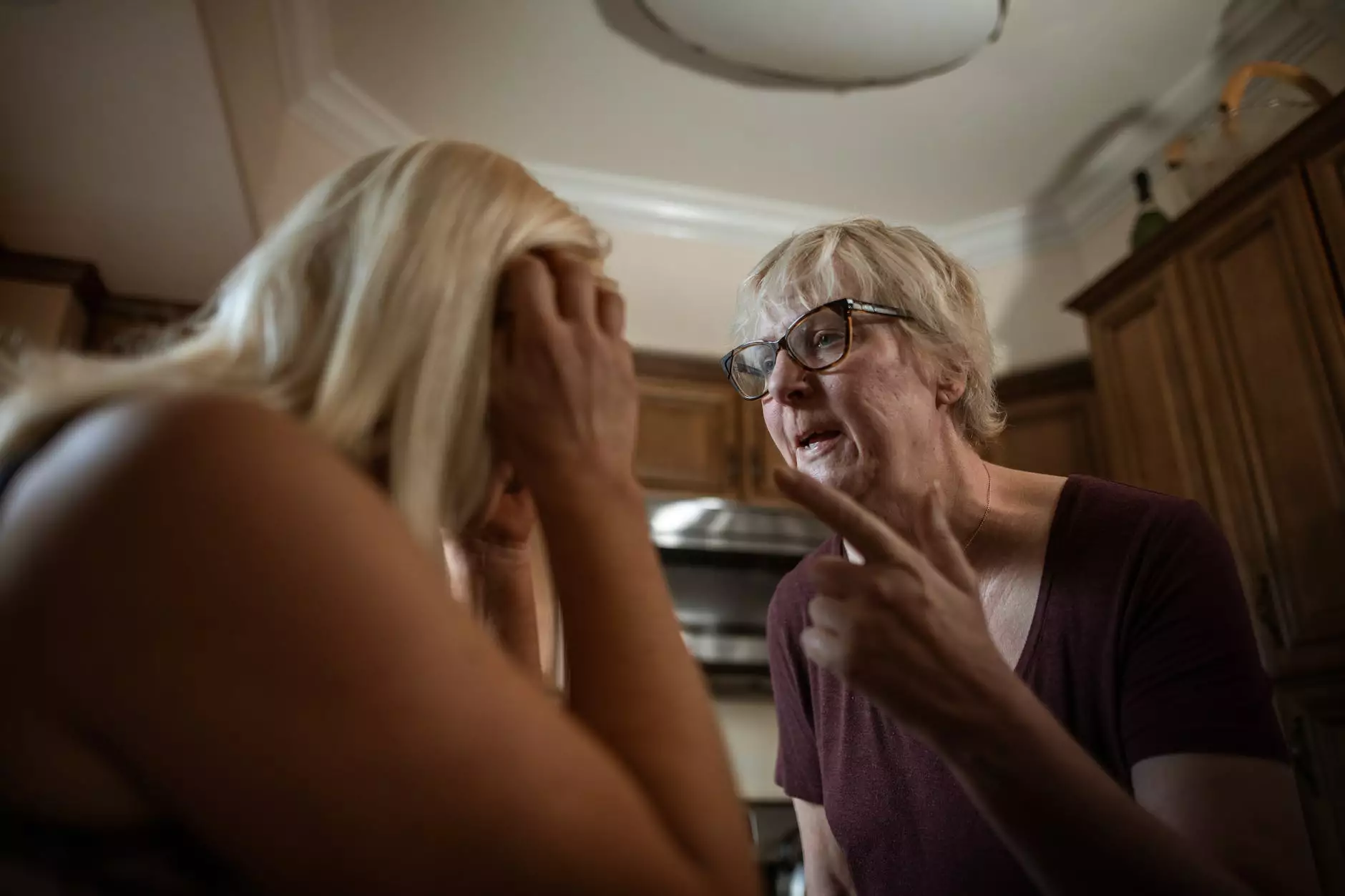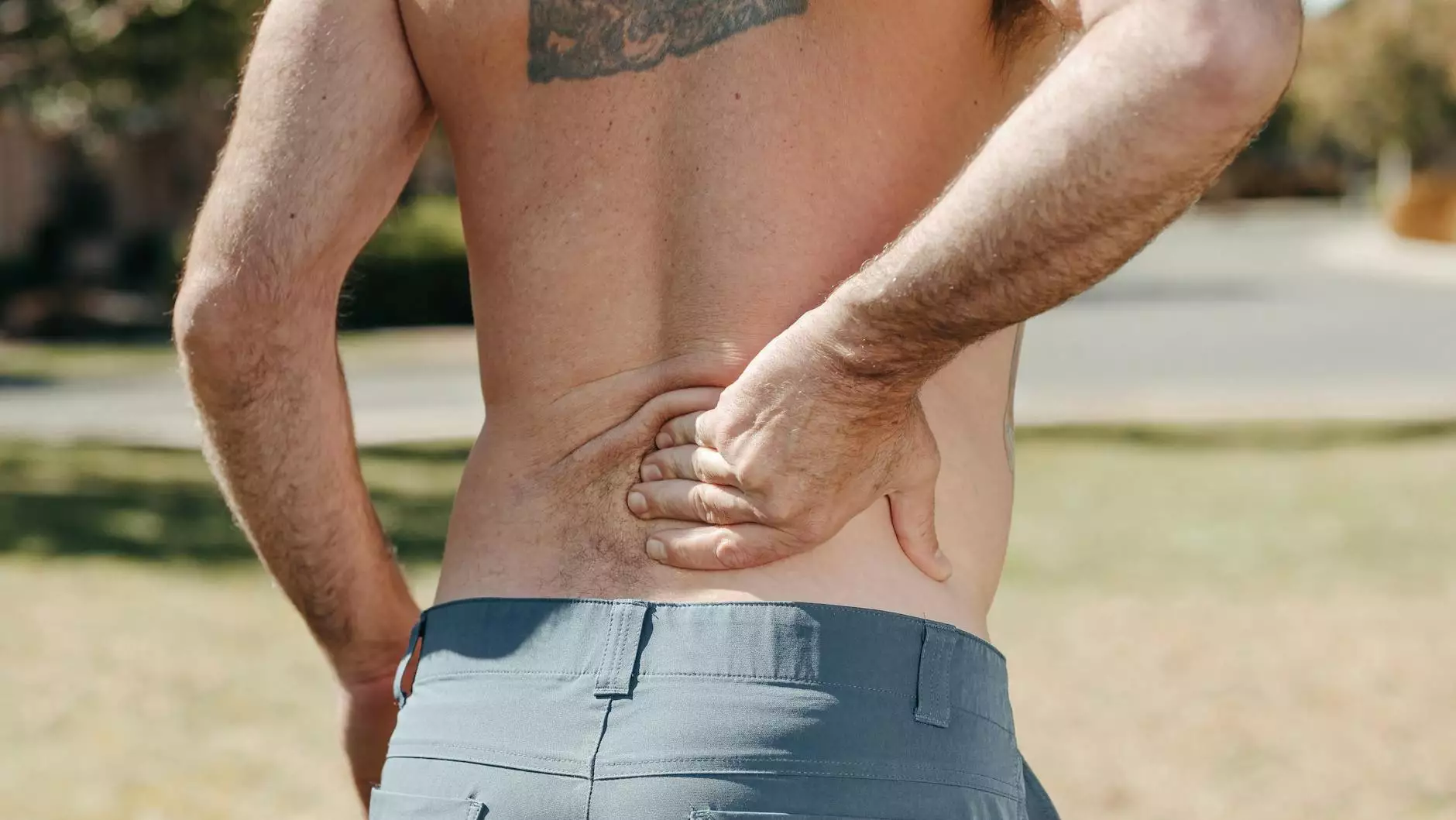U.S. Opioid Painkiller Abuse May Be Leveling Off
Orthopedic Surgery
Welcome to Bowling Orthopaedics, your trusted source for comprehensive healthcare information and insights. In this article, we delve into the concerning issue of U.S. opioid painkiller abuse and how it may be leveling off. As a leading healthcare provider in the field, Bowling Orthopaedics is committed to shedding light on important topics that impact public health.
The State of Opioid Abuse in the U.S.
Opioid painkillers, also known as narcotics, are commonly prescribed by healthcare professionals for pain management. While these medications can provide much-needed relief, they also carry the risk of addiction and misuse. In recent years, the United States has witnessed a concerning rise in opioid abuse, leading to devastating consequences for individuals and communities.
According to the Centers for Disease Control and Prevention (CDC), roughly 10.3 million Americans aged 12 and older misused opioid painkillers in 2018 alone. This alarming statistic underscores the urgent need for effective measures to combat the opioid crisis.
The Impact on Public Health
Opioid abuse poses a significant threat to public health, resulting in an increase in overdose-related deaths and adverse health outcomes. The misuse of painkillers can lead to respiratory depression, organ damage, and even death in severe cases. Furthermore, the repercussions extend beyond the individual experiencing addiction, impacting families, communities, and the healthcare system as a whole.
Communities across the United States are grappling with the devastating consequences of opioid addiction. Individuals suffering from addiction may face challenges in maintaining employment, strains on personal relationships, and a decline in overall quality of life. The strain on healthcare resources and increased healthcare costs further exacerbate the issue, placing an immense burden on society.
Possible Solutions and Interventions
Addressing the opioid crisis requires a multi-faceted approach involving various stakeholders, including healthcare providers, policymakers, educators, and the general public. Bowling Orthopaedics firmly believes in the importance of adopting evidence-based practices to combat opioid abuse and promote safe and effective pain management alternatives.
1. Educational Campaigns: Increasing awareness about the risks associated with opioid abuse is crucial. Educating healthcare professionals, patients, and the general public about the potential dangers, signs of addiction, and available resources can help mitigate the problem.
2. Enhanced Prescription Monitoring: Implementing robust prescription drug monitoring programs can help identify and prevent potential cases of misuse or "doctor shopping." This ensures that patients receive appropriate pain management while minimizing the risk of addiction.
3. Expanded Access to Treatment: Ensuring individuals struggling with addiction have access to evidence-based treatment options, including medication-assisted treatment and counseling services, is essential. Comprehensive and accessible addiction treatment facilities can play a crucial role in supporting recovery and reducing opioid-related harms.
Your Trusted Partner in Promoting Holistic Health
Bowling Orthopaedics is dedicated to providing holistic and patient-centered care. We understand the importance of addressing the opioid crisis comprehensively and working towards a healthier future for all. Our team of dedicated healthcare professionals remains committed to staying informed about the latest research, advancements, and policy changes related to opioid painkiller abuse so that we can continue delivering the best possible care.
At Bowling Orthopaedics, we firmly believe that by joining forces, healthcare providers, policymakers, and the community as a whole can make a significant impact in tackling the opioid crisis. Together, we can ensure a safer and healthier future for generations to come.
Together, We Can Make a Difference
If you or a loved one is struggling with opioid addiction, it is crucial to seek help and support. Reach out to local treatment centers, healthcare providers, or helpline resources for guidance and assistance. Remember, recovery is possible, and nobody has to face addiction alone.
- For immediate and confidential help, call the Substance Abuse and Mental Health Services Administration (SAMHSA) National Helpline at 1-800-662-HELP (4357).
- Visit our website to learn more about our commitment to promoting holistic health and addressing pressing healthcare issues.
Disclaimer: The information provided in this article is for educational purposes only and should not substitute professional medical advice. If you have specific concerns or questions regarding opioid painkiller abuse, reach out to a qualified healthcare professional for guidance tailored to your unique needs.




